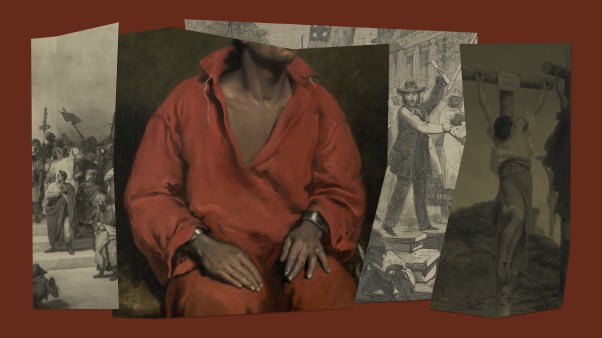June 2, 553: The Second Council of Constantinople closes, having condemned Nestorian teachings. Nestorianism teaches Jesus incarnate was two separate persons—one divine, the other human—rather than one person with two natures (see issue 51: Heresy in the Early Church).
June 2, 597: Augustine, missionary to England and first archbishop of Canterbury, baptizes Saxon king Ethelbert, the first Christian English king. The missionary's tomb in Canterbury bears this epitaph: "Here rests Augustine, first archbishop of Canterbury, who being sent hither by Gregory, bishop of Rome, reduced King Ethelbert and his nation from the worship of idols to the faith of Christ" (see the article on Bede in issue 72: How We Got Our History).
June 2, 1491: Henry VIII, the English king who went from being called "Defender of the Faith" by the pope (for attacking Martin Luther) to galvanizing the English Reformation, is born in Greenwich (see issue 48: Thomas Cranmer).
June 2, 1875: James Augustine Healy becomes the first African-American Roman Catholic bishop in the U.S. However, he never really identified himself with the black community.
June 2, 1979: Pope John Paul II makes a return trip to his home country of Poland, the first visit by a pope to a Communist country (see issue 65: The Ten Most Influential Christians of the Twentieth Century).








